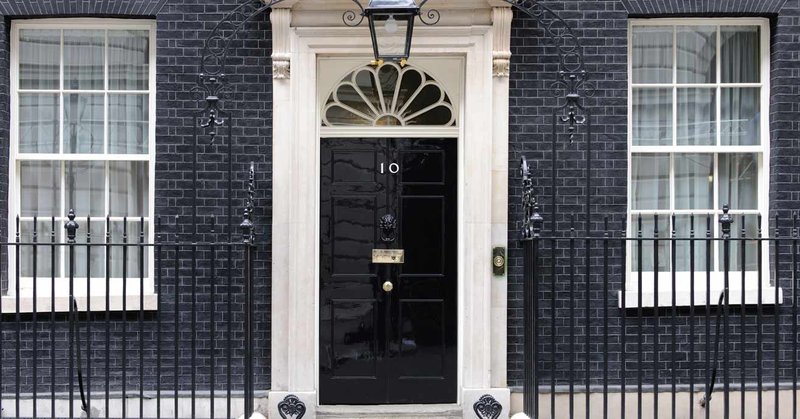New statistics code could herald crackdown on alarming inaccuracies
“Governments change. The lies stay the same.” So says James Bond in the 1995 film, GoldenEye.
Unlike 007, Full Fact is not in the business of calling governments liars. We do, however, have a full-throated commitment to the importance of correcting the public record when a false or misleading claim is made. Through our work before and after the general election, unfortunately we’ve seen many government ministers and other MPs fail to correct claims, including several statistical errors, as you can see in our list of MPs who have not corrected.
We previously campaigned to ensure all MPs could correct their mistakes in Hansard and have called on the Prime Minister to make it compulsory for ministers to adhere to the Code of Practice for Statistics, independently regulated by the Office for Statistics Regulation (OSR). The latter idea hasn’t yet been taken up, so we’ve been encouraging the OSR to do what it can to ensure greater accuracy from governments.

Back in February we responded to a consultation about developing a new version of the Code of Practice for Statistics, which aims to ensure that statistics provide insight, inform understanding and shape action. The OSR had already helped us to improve the information environment in the past, but there was a clear need for the Code to enable further action.
We provided the OSR with further evidence and ideas in the eight months that followed the consultation, as the number of uncorrected, inaccurate claims by government ministers continued to mount. Ministers’ failures to correct inaccurate claims about NHS waiting lists, interest rates, deportations, and asylum hotels were all used to show the OSR that the status quo wasn’t an option.
The OSR has now published a new edition of the Code which, for the first time, sets explicit expectations for the wider public use of statistics, data and analysis, including in press releases, blogs, speeches, policy documents and social media communications. The following line on decision making and leadership could play a particularly important role in ensuring greater accuracy from government ministers in the future:
Senior leaders, including permanent secretaries and Ministers, should support decisions made by analytical leaders such as Chief Statisticians/Heads of Professions for Statistics/Directors of Analysis.
In theory, this means that if a lead statistician advises their minister to correct an inaccuracy, the minister should do so. But will this happen in practice?
We hope so. There are positive signs that the OSR is serious about implementing the Code. It has also published an authoritative review of what it needs to do with governments to ensure ‘intelligent transparency’: defined as an ‘open, clear and accessible approach to the use of data, statistics and wider analysis in the public domain’. We fed into this review and we welcome its proposals, such as its recommendation that special advisers and others in Number 10 should be trained on the Code. We’ll help to put the recommendations into practice, from offering Full Fact training to flagging misinformation with the OSR.
Will all of this be enough to end the flow of statistically-inaccurate claims by governments? We’ll see. We still think that the Ministerial Code needs to compel ministers to adhere to the Code of Practice for Statistics, but the OSR’s latest publications will at least leave ministers and their officials in no doubt about what they should do.
After months of advocacy, it’s time for us to put the new Code of Practice for Statistics to the test. For the sake of restoring public trust, it needs to herald a crackdown on the multitude of ministerial inaccuracies that we’ve seen in the last few months. If it doesn’t, the Prime Minister will need to act.